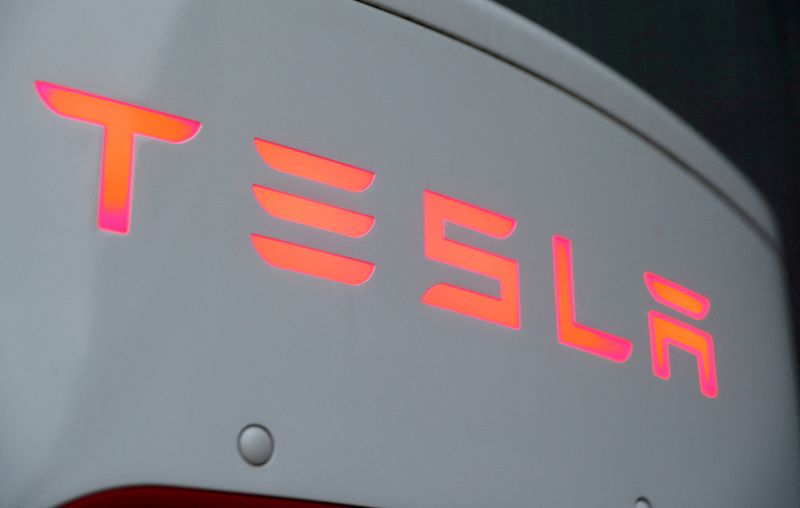By Akash Sriram
(Reuters) -Elon Musk-led Tesla (NASDAQ:TSLA) Inc has denied a Wood Mackenzie report that said it missed big on solar-roof installation targets due to stiff competition from GAF Energy and other rivals.
According to the industry analysis firm's report, Tesla's average installations per week were 21 in 2022, far lower than the company's 1,000-per-week target for 2021. Musk had not provided a forecast for 2022.
The first quarter of 2022, its best, saw 421 systems installed in total and 32 per week.
"This is incorrect by a large margin," Tesla said in a tweet on Thursday.
Wood Mackenzie said its analysis on Tesla's Solar Roof relies on data from several states, but it captures the largest markets such as California - the state where most of the roofs have been installed - and "paints an accurate national picture".
Tesla did not immediately respond to a Reuters request for further details on the installations.
The data underscored the depth of the electric-vehicle maker's woes in the solar business, which it entered in 2016 with the controversial $2.6 billion acquisition of SolarCity.
"GAF Energy's Timberline Solar roofing system is better-positioned to achieve widespread adoption," said Max Issokson, analyst at Wood Mackenzie.
The potential of Tesla's Solar Roof will rely on the company's ability to simplify and streamline installations and tap into a broader customer base, Issokson added.
Solar Roof and GAF Energy's Timberline Solar, which was launched last year, are roofing shingles that can produce solar power.
Tesla said in January that it had more than 85 installation partners.
GAF Energy has 280 partners that sell and install its product, the company's president, Martin DeBono, told Reuters.
"The reason we are able to have a building integrated offering at the same cost as a new roof and new solar is we've reduced labor content," DeBono said, adding that labor for roofing and electrical was the biggest challenge.

Tesla's combined energy-generation-and-storage solution deployed at several houses and commercial applications has withstood strong winds and hurricanes.
Musk has long said that a combined solar and battery product adds to the goal of achieving a sustainable energy economy, apart from Tesla's electric vehicles.